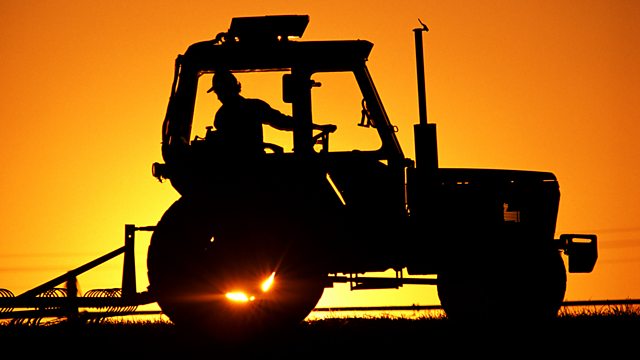
Antibiotics in agriculture, Thirty years of Send a Cow, Waterproofing oil seed rape crops
Are antibiotics in agriculture a threat to our health? There are calls for reductions in their use, but Noah, which speaks for the animal medicine industry, is resisting change.
The use of antibiotics in agriculture is fuelling drug resistance and must be cut back or even banned where they are important for humans. That was the finding of a report published in December. Just as rising levels of human use of antibiotics are leading to growing resistance, the same is happening in agriculture according to the O'Neil 'Review on Antimicrobial Resistance'. However, Dawn Howard, Chief Executive of NOAH, the National Office of Animal Health, which represents the UK animal medicine industry, explains why they believe the situation is not that black and white.
Thirty years ago a group of English dairy farmers had the idea of sending some of their cows to Northern Uganda to help farmers who were struggling from the effects of a long civil war and famine. Cows that in the UK were being slaughtered because of tight milk quotas, were literally put on planes and sent to Africa. The charity Send a Cow was born. Ali Vowles meets those involved then and now.
In the first trials of their kind a PhD student at Harper Adams University is trying to determine whether waterproofing oilseed rape crops can lead to greater yields. The idea is to limit the amount of water the plants release during transpiration by spraying them with a chemical derived from conifers. First results show increased yields of up to fifty per cent. The man behind it is Michele Faralli, An Italian, studying in the UK and currently carrying out more trials in Germany.
Presented by Charlotte Smith and produced by Mark Smalley.
Last on
Broadcast
- Fri 5 Feb 2016 05:45Βι¶ΉΤΌΕΔ Radio 4
Podcast
-
![]()
Farming Today
The latest news about food, farming and the countryside

